Urdu is a happy amalgamation of many influences down the centuries –
primarily the dialects of Hindi like Khari Boli spoken in North India and Persian, Arabic and Turkish spoken by the nobles and soldiers migrating to India since the start of the 11th Century C.E. Sanskrit and Prakrit derived vocabulary base makes Urdu and Hindi mutually intelligible during the colloquial communications. Urdu has always been the language spoken by the masses and many Urdu words are common to the spoken Hindi of today. The distinction between Hindi and Urdu may well be in the script (Devanagari for Hindi and Arabic script for Urdu) but the grammar and syntax of the two languages are common.
Urdu is not taught in most schools in India and so the typical Indian is not conversant with the Urdu script. This means that he or she is woefully ignorant of the vast treasure of Urdu prose and poetry. The declining graph of Urdu script learning is also a major area of concern but one of the many ways to make Urdu poetry available to masses is the transliteration of the vast treasures of prose and poetry into Roman and Devanagri. Who can deny the stature accorded in India to Munshi Premchand or Firaq Gorakhpuri, both of whom are equally influential in Hindi and Urdu speaking belts.
Ghazal is the most popular genre of Urdu writing and is often the first exposure to the Urdu language for most of us. Who can forget the popular Hindi film songs of yester-years based on ghazals which have enthralled generations in South Asia. Promoting Urdu through Ghazal is one of the most effective way to promote the Urdu language and literature.
Fortunately, one can read couplets online or offline in any script - Urdu or Hindi or Roman. However, one key hurdle comes in the way of one’s enjoyment of the couplet. While many of the Urdu words used in couplets are familiar even to those North Indians for whom Urdu is not the first language, one comes across some words or compound-words the meaning of which is unknown. And that one unfamiliar word robs the entire couplet of its magic!
There are a couple of offline dictionaries which show Urdu words with their English meanings exist but they but the vast majority of the words in such dictionaries are well-known and so the poetry-lover’s predicament is not solved. Online dictionaries are available but the digital option too has issues beyond internet connectivity! Stopping reading the couplet midway, going to an online device to search for the meaning of an unfamiliar word and then returning to the couplet is an interruption one can do without! Thus multi-lingual dictionaries of Urdu are crucial for keeping Urdu alive and improving the Urdu vocabulary of those who do not know the Urdu language.
Reading Urdu couplets in any language one is familiar with – Urdu, English or Hindi -and building up one’s vocabulary of Urdu words is a viable route to understanding and enjoying the vast treasure-trove of Urdu Ghazals and Nazms. Urdu poetry provides hours and hours of unlimited and timeless pleasure even to those who are unaware of the script and vocabulary.
We are exposed to the colloquial Hindi spoken by the common man and this day-to-day conversational Hindi abounds with Urdu words. Despite this advantage, and in spite of being able to read in Urdu, the big issue faced is enrichment of Urdu vocabulary. It is true that poor Urdu vocabulary is the bane of most of us who love Urdu poetry. Thus the idea of a multi-lingual dictionary took shape and ‘The Dictionary of Urdu Poetry – For Shaayari Lovers was born!
This book is a compilation of unfamiliar Urdu words along with their meanings, which a reader may encounter while reading Urdu couplets. It is very much helpful in increasing Urdu vocabulary.
It is designed to be a handy guide for lovers of Urdu couplets. You can keep it at hand while being immersed in reading the couplets in any script or device that you prefer. The moment you encounter an unfamiliar word, just pop open ‘The Dictionary of Urdu Poetry – For Shaayari Lovers’ and return quickly to the magic of the couplet. The Urdu word is written in English and arranged alphabetically for ease of reference, with the word meaning in English. In addition, the Urdu word is also written in Hindi since the pronunciation of Urdu words is rendered truer in Hindi.

We hope ‘The Dictionary of Urdu Poetry – For Shaayari Lovers’ will enable lovers of Urdu Shaayari to enjoy the shers in all their glory, with minimum interruptions due to vocabulary gaps!

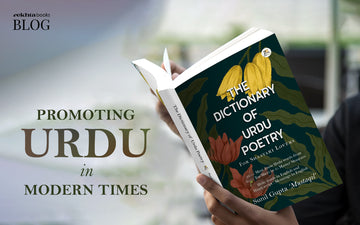
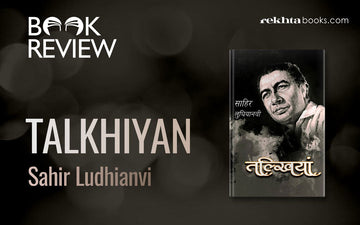
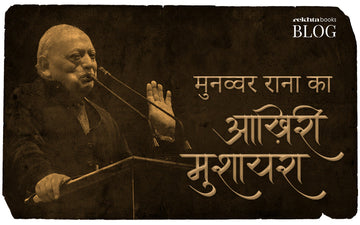
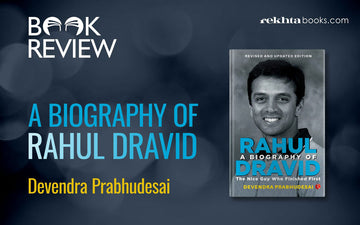
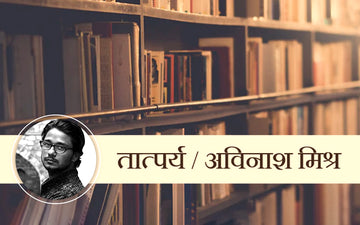





I like commentsnAnd I like posting them RESTfully.
I like commentsnAnd I like posting them RESTfully.
I like commentsnAnd I like posting them RESTfully.
I like commentsnAnd I like posting them RESTfully.
like it